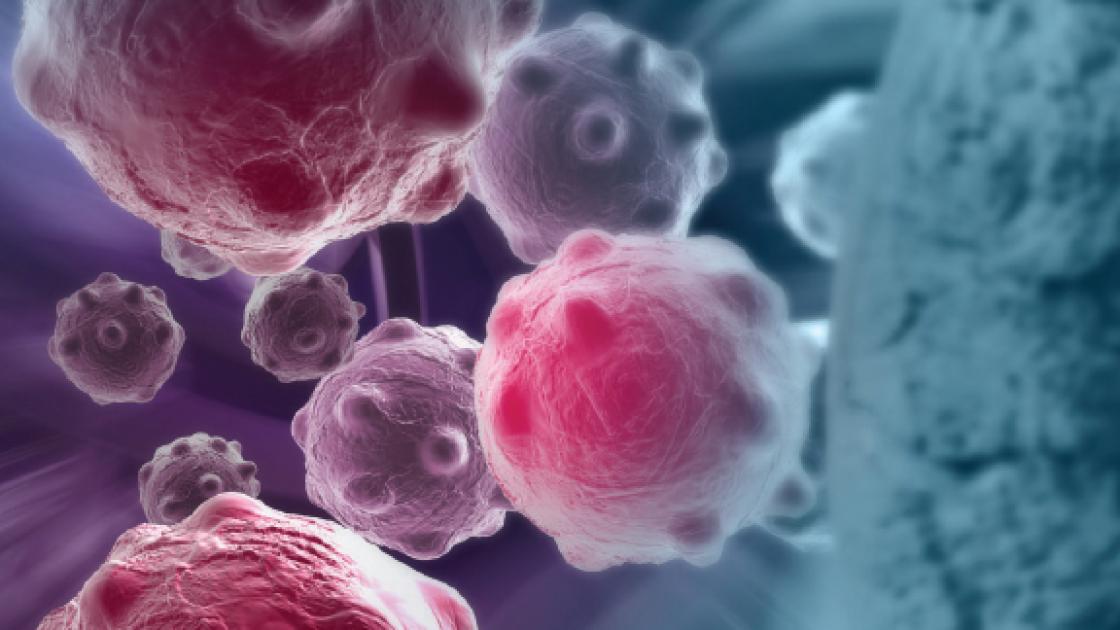
How telehealth can help cancer survivors
SIU Medicine celebrates the strength, courage and resilience of those who have faced cancer and emerged victorious. We are committed to honor survivors, support those who are currently battling cancer, and inspire hope for a future free of this disease.
We also want to let our neighbors, our patients and their families better understand the ways in which telehealth in supporting cancer survivors on their journey to recovery.
Here's how virtual health care is making a positive impact on the lives of cancer survivors.
• Access to health care: Telehealth allows cancer survivors to connect with their health care providers for follow-up appointments without the need for travel. This is particularly beneficial for survivors who live in remote areas or have mobility issues, ensuring they receive the necessary care and monitoring to stay healthy.
• Support services: Telehealth also provides access to support services such as counseling, support groups and survivorship programs. These services are crucial for survivors as they navigate the emotional and psychological challenges that can arise post-treatment.
• Comfort and convenience: Telehealth provides survivors with a sense of comfort and convenience. Being able to access care from home eliminates the stress and burden of travel, allowing survivors to focus on their health and well-being.
• Continuous monitoring: Telehealth enables continuous monitoring of survivors' health through remote consultations and check-ups, which can lead to early detection of any potential recurrence or new health issues.
• Tailored care plans: Telehealth allows health care providers to create and manage personalized care plans for survivors, addressing their unique needs and ensuring they receive the most effective follow-up care.
• Education and resources: Telehealth platforms often offer educational resources and information on managing long-term health, nutrition, exercise and coping strategies, empowering survivors to take an active role in their recovery.
Together, we can continue to inspire hope and advocate for a future where cancer is no longer a threat.



